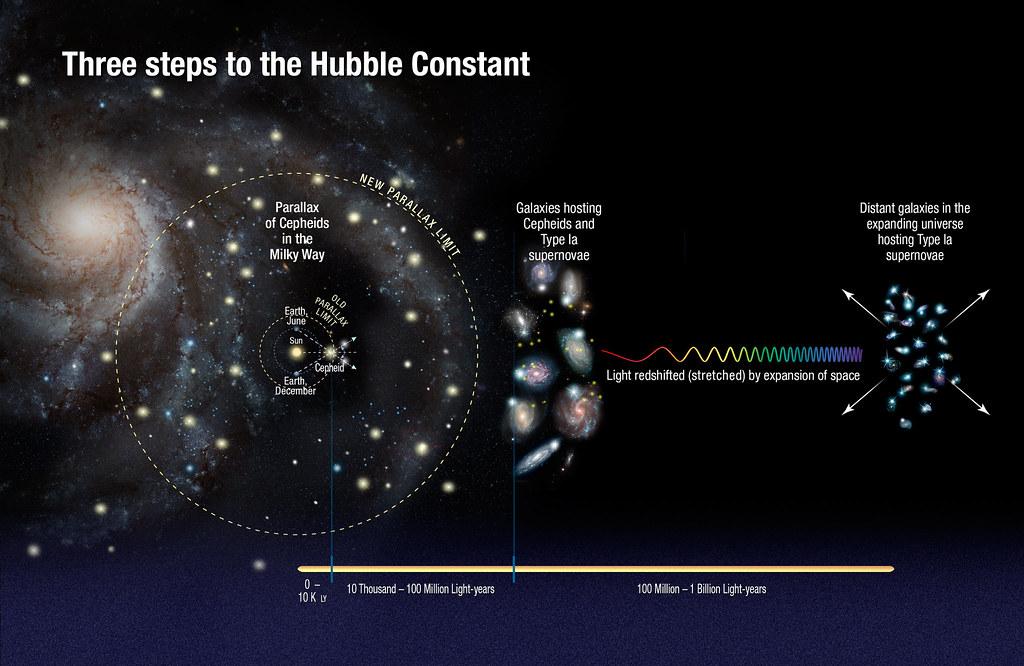In the realm of environmental science, one name shines brightly like a beacon of ecological wisdom: Dr. James Lovelock, the visionary behind the captivating Gaia hypothesis. As we delve into the fascinating world of Gaia theory, we unravel the intricate tapestry of interconnectedness between the Earth and all its inhabitants. Join us on a journey of discovery as we explore the profound insights and legacy of Dr. James Lovelock and his groundbreaking Gaia concept.
Table of Contents
- Unveiling the Legacy of Dr. James Lovelock and the Gaia Hypothesis
- Exploring the Scientific Significance of Gaia Theory in Modern Environmental Discourse
- Analyzing the Implications of Gaia Theory on Earth’s Ecosystems
- Eco-Friendly Practices Inspired by Dr. James Lovelock’s Gaia Concept
- Q&A
- Final Thoughts

Unveiling the Legacy of Dr. James Lovelock and the Gaia Hypothesis
Dr. James Lovelock, a pioneering scientist, introduced the world to the captivating Gaia Hypothesis, a theory that revolutionized how we perceive Earth’s interconnected systems. Lovelock’s groundbreaking concept portrays our planet as a self-regulating organism, where all living and non-living components collaborate to maintain a delicate balance essential for sustaining life. The Gaia Hypothesis sparks contemplation about the Earth as a complex entity, embodying harmony and equilibrium beyond mere coincidence.
Delve into the profound concepts proposed by Dr. James Lovelock and explore the intricate web of relationships that define the Gaia Hypothesis. Through Lovelock’s lens, witness Earth as a dynamic entity, where oceans, forests, atmosphere, and life forms synergistically interact to preserve environmental stability. Embrace the notion of Gaia as a living, breathing entity, embodying resilience and adaptation in a world where every element plays a crucial role in shaping the planet’s destiny. Unveil the legacy of Dr. James Lovelock and immerse yourself in the awe-inspiring narrative of Gaia, a testament to the interconnectedness of all facets of our world.
Exploring the Scientific Significance of Gaia Theory in Modern Environmental Discourse
Dr. James Lovelock’s Gaia theory delves into the intricate interconnectedness between Earth’s biosphere and the physical environment, offering a unique perspective on the planet as a self-regulating organism. This holistic approach emphasizes the synergistic relationship between living organisms and their surroundings, highlighting the delicate balance that sustains life on Earth.
<p>Key points of interest regarding Gaia theory and its scientific significance:</p>
<ul>
<li>Recognition of Earth as a single, self-regulating system</li>
<li>Emphasis on the role of feedback mechanisms in maintaining environmental stability</li>
<li>Implications for understanding climate change and ecological dynamics</li>
</ul>
<p>By exploring the implications of Gaia theory, researchers and environmentalists gain valuable insights into the complex web of interactions that shape Earth's ecosystems, fostering a deeper appreciation for the interconnectedness of all life forms on our planet.</p>
Analyzing the Implications of Gaia Theory on Earth’s Ecosystems
Dr. James Lovelock’s Gaia theory proposes a groundbreaking perspective on Earth as a self-regulating organism, fostering an interconnected relationship between living organisms and their physical surroundings. This concept revolutionizes our understanding of ecosystems, suggesting that Earth functions as a single, holistic entity rather than a mere sum of individual parts. Through this lens, Gaia theory challenges conventional scientific boundaries, inviting us to explore the intrinsic harmony and balance within our planet’s intricate web of life.
<p>By delving into the implications of Gaia theory on Earth's ecosystems, we uncover a profound shift in ecological thinking, emphasizing the vital importance of maintaining equilibrium and biodiversity. This holistic approach underscores the interconnectedness of all living beings and their environment, highlighting the delicate balance necessary for the sustenance of life on our planet. Embracing the principles of Gaia theory prompts us to reevaluate our role as stewards of Earth, fostering a deeper appreciation for the intricate dynamics that shape and sustain the diversity of life forms coexisting harmoniously within our shared biosphere.</p>Eco-Friendly Practices Inspired by Dr. James Lovelock’s Gaia Concept
Embracing the essence of interconnectedness and environmental harmony, eco-conscious individuals have been turning to Dr. James Lovelock’s Gaia concept for inspiration. This visionary perspective views Earth as a self-regulating organism, emphasizing the delicate balance between living organisms and their environment.
<p>By incorporating <strong>biomimicry principles, renewable energy sources, and sustainable practices</strong>, individuals and communities can honor the Gaia concept in their daily lives. From promoting biodiversity to reducing carbon footprint, these eco-friendly initiatives not only benefit the planet but also foster a deeper appreciation for the interconnectedness of all living beings.</p>Q&A
Q: Who is Dr. James Lovelock and what is the Gaia Theory?
A: Dr. James Lovelock is an esteemed scientist and environmentalist who proposed the Gaia Theory. This theory suggests that the Earth functions as a self-regulating organism, maintaining conditions necessary for life to thrive.
Q: What inspired Dr. James Lovelock to develop the Gaia Theory?
A: Dr. James Lovelock drew inspiration from his work with NASA, observing how the Earth’s atmosphere interacted with the planet’s geology, oceans, and biosphere. This led him to conceptualize the Earth as a complex interconnected system.
Q: How does the Gaia Theory impact our understanding of the environment?
A: The Gaia Theory challenges traditional views of the Earth as a passive entity, highlighting the dynamic interactions between living organisms and their environment. It emphasizes the importance of preserving ecological balance for the well-being of the planet.
Q: What are some criticisms of the Gaia Theory?
A: Critics of the Gaia Theory argue that it personifies the Earth and oversimplifies complex environmental processes. Some also question the degree of self-regulation exhibited by the planet as proposed by Dr. James Lovelock.
Q: How has the Gaia Theory influenced environmental science and policies?
A: The Gaia Theory has sparked discussions on interconnectedness in ecosystems and the impacts of human activities on the environment. It has influenced environmental policies by emphasizing the need for sustainable practices to maintain ecological stability.
Q: What is Dr. James Lovelock’s legacy in the field of environmental science?
A: Dr. James Lovelock’s legacy lies in his innovative thinking and holistic approach to understanding the Earth as a living system. His contributions to environmental science have inspired further research and discussions on the intricacies of our planet’s ecological balance.
Final Thoughts
In conclusion, Dr. James Lovelock’s Gaia hypothesis continues to inspire awe and curiosity in the realm of Earth science. By viewing the planet as a holistic, self-regulating system, Lovelock’s theory challenges us to rethink our relationship with the environment. As we delve deeper into understanding the intricate interconnections of our biosphere, let us embrace the notion that we are all interconnected participants in the grand symphony of life on this beautiful blue marble we call home. As we strive to safeguard and nurture our planet, may Dr. James Lovelock’s pioneering insights guide us towards a more harmonious coexistence with Gaia.



0 Comments